We’re one year into the pandemic, and it’s safe to say that no one has gone unscathed by the coronavirus at this point. We’ve either had it, known someone who had it, or lost someone who had it. Sounds grim, doesn’t it? To say that nothing prepares you for the trial that is Covid-19 is to make an understatement. And, even though you have the goodwill of loved ones and all the positive messages that come in, telling you to stay strong and take care, fighting COVID-19 – for yourself, or for a loved one – is a lonely ride.
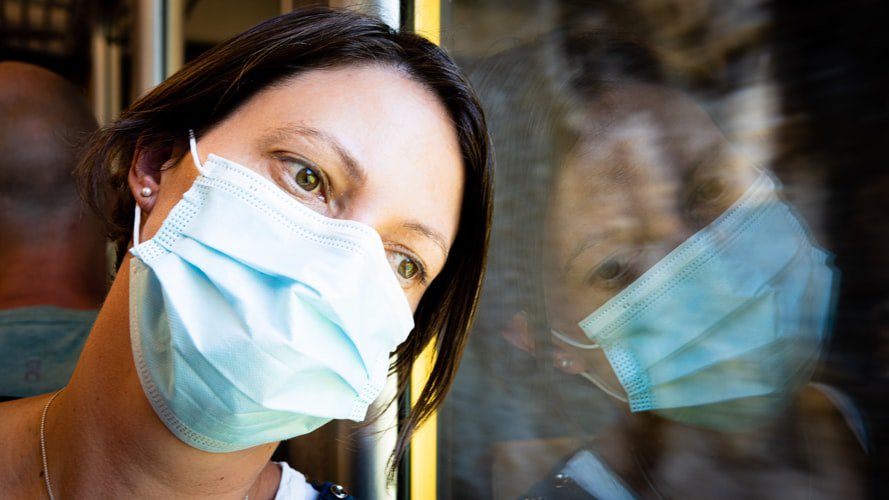
While there’s a lot that tells you what to do when you get covid; not enough articles talk about how to care for a loved one who has covid-19. Something I realised when my mother tested positive. The thing about your parents testing positive for a virus that has rendered everyone helpless is that it’s just too close to home. It IS home. So you do all that you can to protect your home.
The Centre For Disease Control (CDC) and WHO does list out quite a few precautions that must be followed.
I combined the guidelines offered by the CDC, along with those given to me by the healthcare workers and doctors who worked on treating other family members. I will say, that yes, I was lucky enough, the first time around to have a healthcare worker to watch and learn from. However, in case you don’t, I hope this helps.
1. Be doubly sure that you are not at a higher risk than the infected person, as mentioned above. Covid is known to impact those with pre-existing health conditions. If you are diabetic, already have a lung condition, high or low blood pressure or any other underlying conditions, it is advisable that you stay away as much as possible.
2. Once you’re aware of your loved one’s situation, work on what needs to be done – including getting your own PPE masks, surgical gloves, PPE suits, sanitisers, sprays, disinfectants, etc.
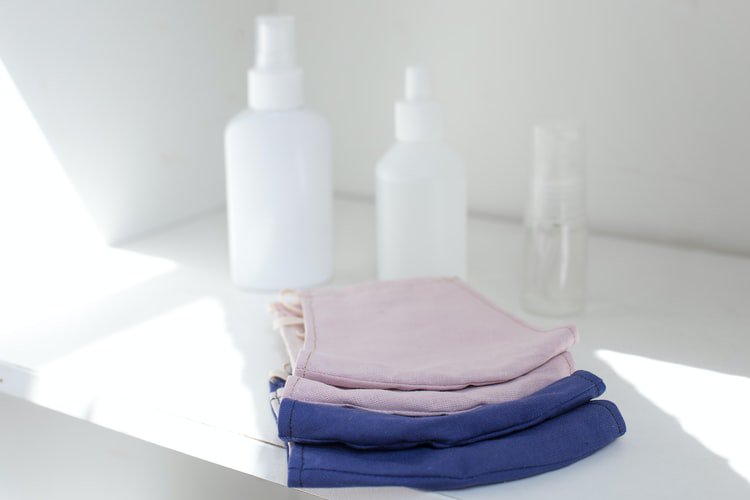
3. Ensure that you get your home disinfected. In case you don’t have access to any government/municipal sanitation bodies, you can use apps like UrbanCompany to book a service.
4. Limit contact and maintain a safe distance as Covid is known to spread between people in close contact – approximately those within a 6 feet radius. So stand as far as possible, ideally stay out of the room that your infected loved one is occupying.
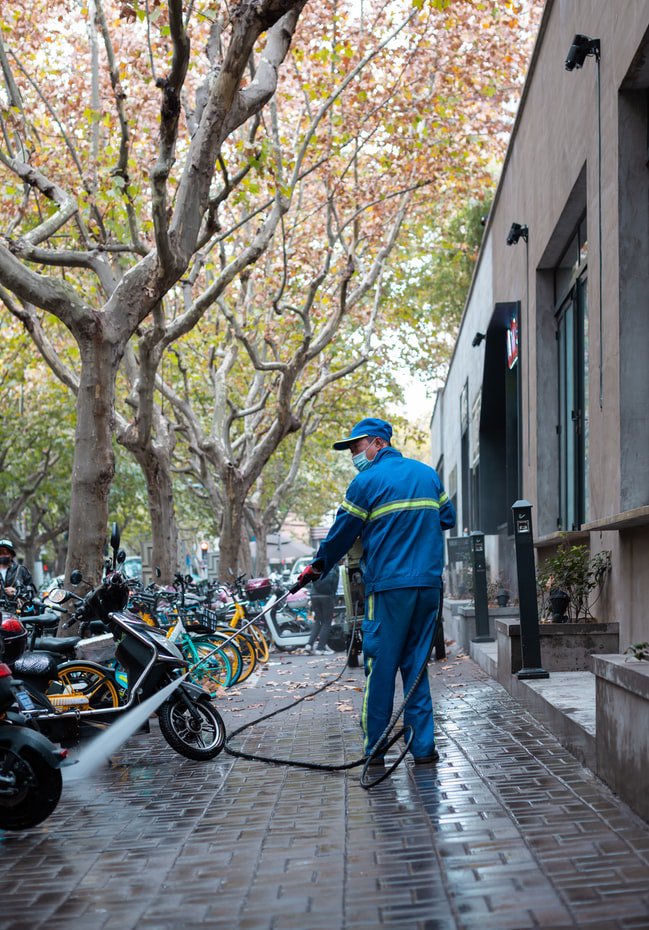
5. Make sure that you isolate yourself not only from your loved one who is infected, but also from anyone else. Ideally, it should just be you and the covid-patient so as to limit the risk of infection as much as possible.
This can be difficult if you live with extended family. But, if you have the option to do so, it is advisable tat you move your extended family out of the same environment. If that isn’t possible, limit your interactions with everyone else. While you might have to access a common area that connects not just you to your covid-infected loved one; often times, areas like kitchens, verandahs, corridors tend to be used by all. In such a situation, figure a way to isolate in a separate room yourself.
6. Since the start, you should consider the odds and place yourself under quarantine for the entire duration that you are in touch with and caring for your loved one. It is safer to assume that you are at risk and might pass on the infection than take chances and suffer the consequences later. I know, it sounds grim. But it is also the best way to keep others safe and healthy.
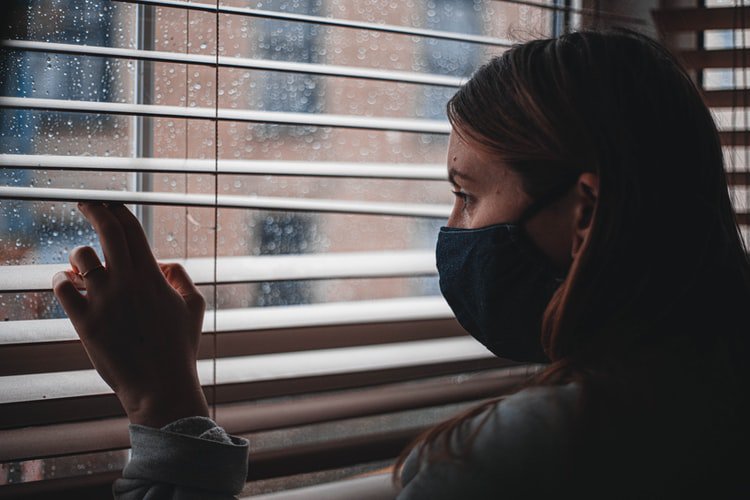
7. Eat separately from your Covid-infected loved one since it involves removing your mask and therefore, being prone to infection if you are in the same room.
If they’re used to the two of you eating together, or don’t want to feel left alone while eating, you could eat with them on video call. In case they’re older and need feeding, wear your entire PPE suit while you feed them and try using as much disposable cutlery as possible.
8. Remember to keep the utensils for a Covid patient separate from the ones used by you or any others. For the least amount of contact possible, it is advisable to use disposable cutlery. However if that isn’t possible on a daily basis, let them leave used cutlery in a bucket of disinfectant outside their room. From where it is later removed, disinfected yet again, before it is washed and set aside.
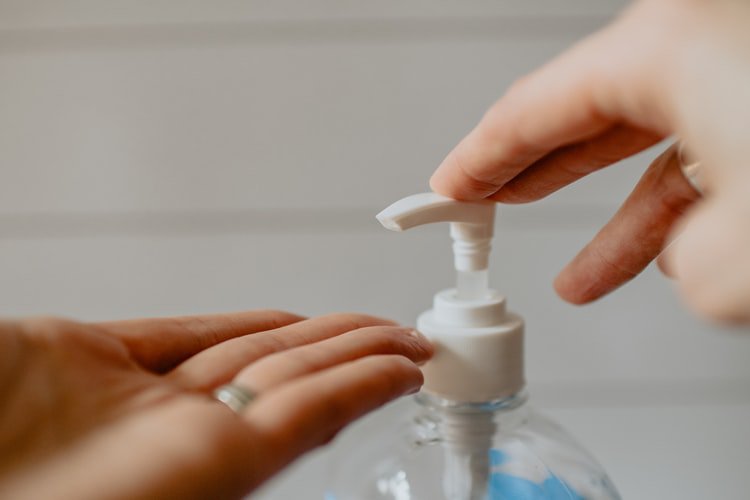
9. Ensure to wear gloves, double masks, and a PPE suit while tending to your covid-infected loved one so as to limit the risk of infection as much as possible. When you’re in their room, checking their oxygen, or temperature, giving them their medicines, or even touching their food, or surroundings.
Even while you handle their medicines, utensils and food, be sure to wear gloves, double mask, and avoid touching your face until and unless you have removed yourself from the environment, removed and disposed of the gloves carefully, washed your hands thoroughly with disinfectant soap and applied sanitiser.
10. Follow the same process for personal hygiene products, as well as bed linen and clothes. Keep a separate set of hygiene care products, bed linens, clothes and any other items a covid patient might need to use on a daily basis. And ensure that whatever you need is already stocked up in your room.
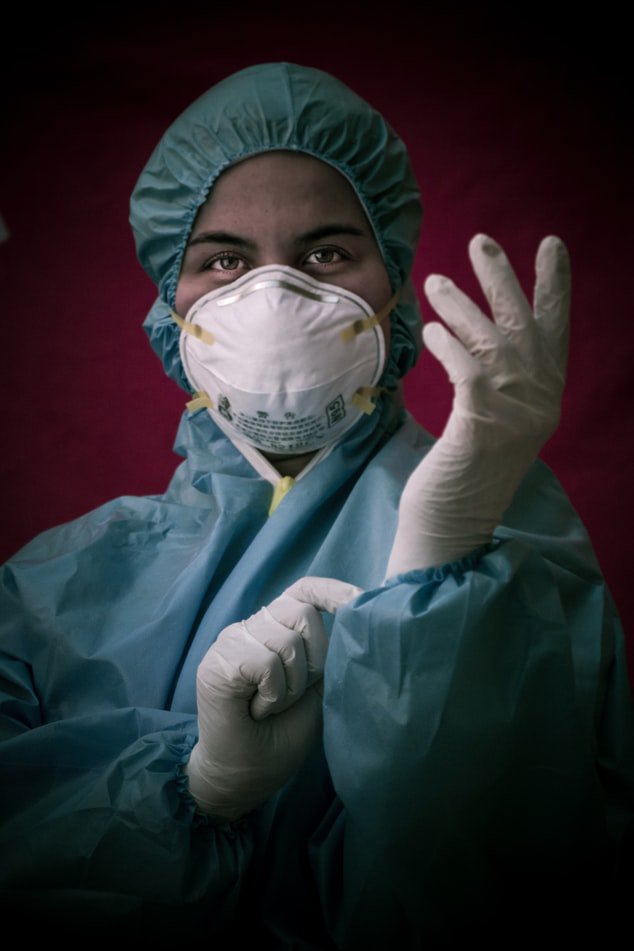
11. Check their oxygen levels regularly. In some cases it is advised to keep a 4 or 6 hour gap between oxygen checks. However, if the person already has a respiratory problem, you can monitor their oxygen levels as frequently as one to two hours apart.
12. Keep a check on their body temperature. During Covid, it is usual to have a temperature of 99 to 100. However, if the fever spikes, keep warm wet wipes handy to bring it down.
13. You can give them a paracetamol to bring the fever down as well. However, don’t make this a regular habit as it might work adversely.
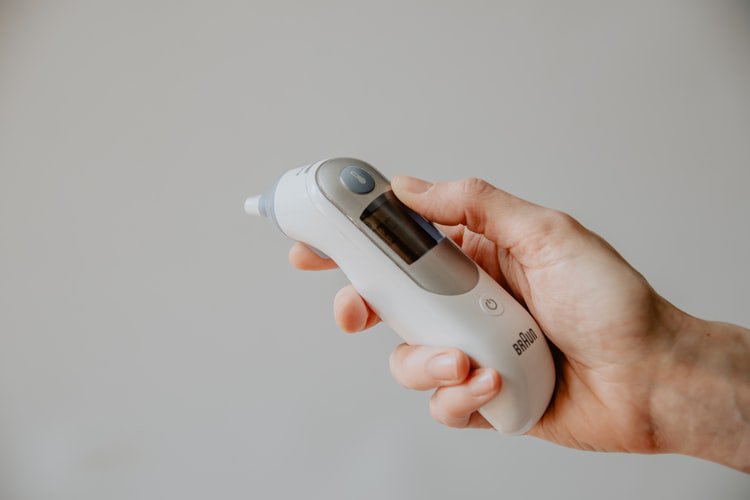
14. If your covid-infected loved one has any underlying health conditions, discuss their case with their doctor to understand the condition. Having said that, it is safer to have a covid care doctor in the loop as well about the patient’s conditions.
15. Ask them how they are feeling and don’t just settle for them saying words like ‘Okay’, or ‘Not well’. Help them describe what they might be experiencing. If it’s pain in the back, or an itchy throat, or congestion building up or a burning ache. Whatever the description maybe, it could be helpful to identify their symptoms better.
16. Keep them hydrated. While water at room temperature is just as good, it is advisable that they also sip on warm water, drink kaadha from time-to-time, do steam inhalation at least twice a day.
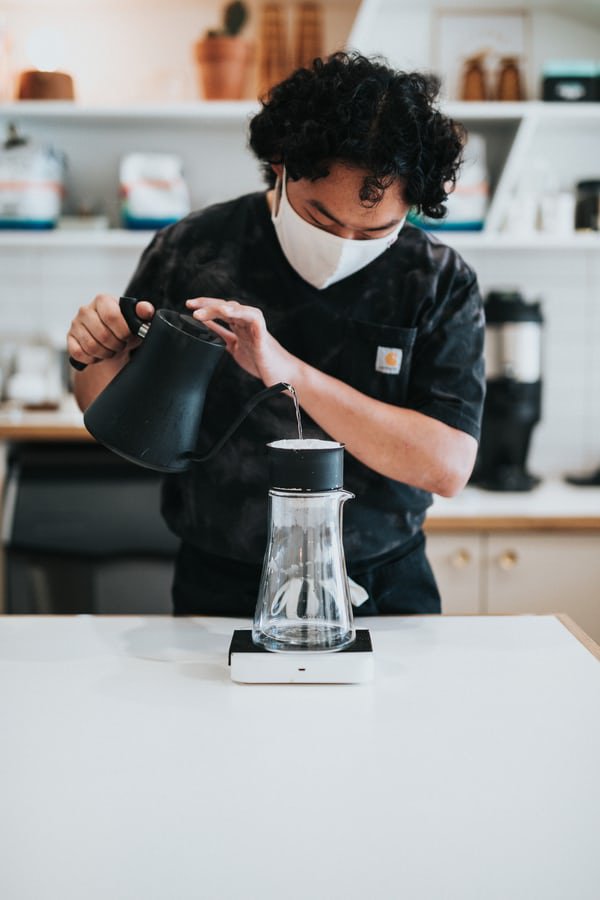
17. You might have to run errands for your infected loved one – from groceries to medical needs – as well as completing house chores for them.
For outdoor errands, it is advisable not to step out on a daily basis and only make runs as and when needed. You could even make an estimate of how much grocery consumption is required for a week, or how many days the doctors have prescribed medication for and have them stocked up so as to avoid stepping out. In case of any unprecedented needs, you should ideally stick to ordering online and have the delivery executives leave the things at your doorstep.
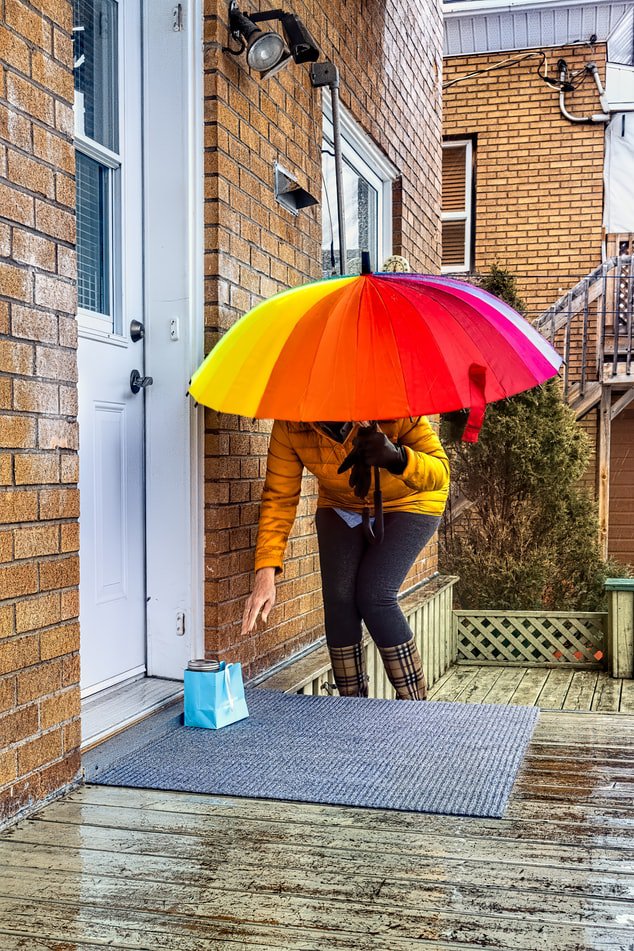
18. Make the environment around your infected loved one conducive to rest and sleep. The more they rest and get good sleep, the better their odds at defeating the virus.
19. Try and limit the amount of stress they take on.
This one can be particularly hard since we can’t really control what goes on in a person’s heart and mind. But, you can make the environment slightly more positive, lighthearted and stress-free for them. If they enjoy watching movies or TV, see that they have the means to entertainment available to them. Pile up some of their favourite books on a table for them. If they love playing single player board games, keep those ready at their disposal. Digital consumption during the time of covid is both a boon and a bane. Consuming news, talking to people who are already grieving or stressed out might only make their headspace worse. If they are working from home, urge them to take the days off and focus on rest and recovery. If you have access to their colleagues, it can help sometimes to drop in a message making their workplace aware of their situation.

20. If your infected loved one has pets, caring for these animals/birds also falls on you. While there have been one-off cases of animals getting infected, it isn’t a widespread phenomena. Having said that, it is advisable to keep the pets away from the infected person.
21. Ensure that they have all the nutrients they could possibly need across three meals and two (or three) smaller meal portions, throughout the day. Check with their doctor on what kind of supplements, vitamins and diet they need to be following.
Proteins should be necessary nutrient part of every meal. Watch their salt and sugar intake; especially if one of their symptoms include loss of taste and smell. We often tend to add an excess amount of spices/flavours or condiments to make the food taste better while forgetting that too much of anything – caffeine, salt, sugar and spices could be bad for them. Cereals, pulses, fruits should be a regular in their diet.

22. Even if they experience a loss of appetite, try to coerce them into eating at least a minimum amount of every meal and work on getting back their appetite, slowly so that they can take the medications prescribed.
23. Engage them in breathing exercises at least once a day to keep their oxygen levels at a healthy number, or bring them up if the levels are low.
24. Be alert, especially at night. While you could be sleeping in a separate room, keep your phone on loud, or if you have a monitor, make sure it is audible, in case you need to go check in on them.
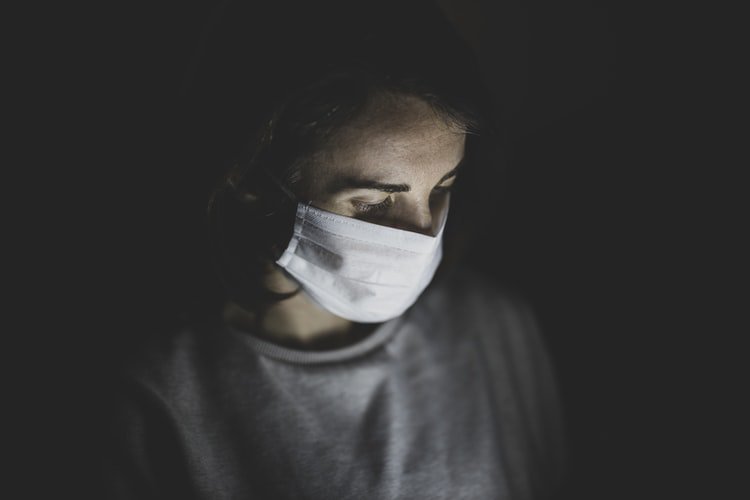
25. Talk to them. Either from outside their room or on video call. Better still, you could even arrange a big family meetup on Zoom to keep their spirits lifted.
Being isolated and sick isn’t an ideal combination for anyone. And the mind has a way of playing tricks on our psyche, even more when we’re down and out. So any chance you get to lift up your loved one’s spirits, take it.
26. Keep their doctor constantly updated about their condition. And follow through on any tests that they ask to be conducted. You could even maintain a chart noting their oxygen levels and temperature.
27. In case there’s the conversation of getting them admitted if their health doesn’t improve, act fast and smart. Make inquiries and reach out to verified sources for any facilities you might need – from ambulance to oxygen beds, and from cylinders to plasma.
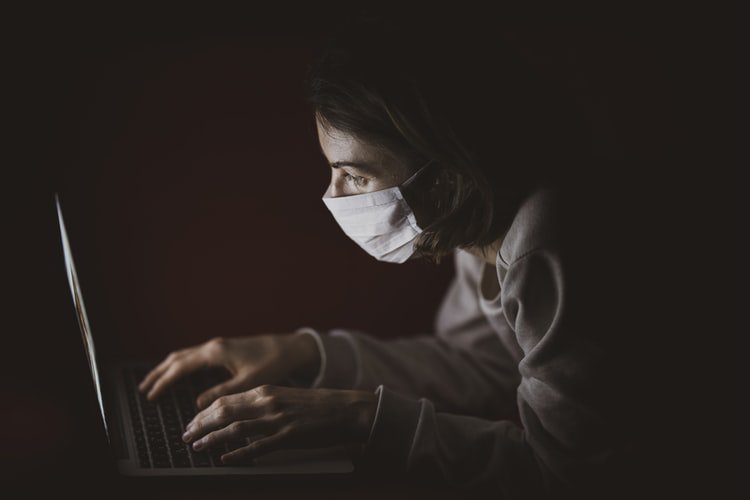
28. Don’t forget to take care of your own self, too.
Covid isn’t just exhausting and taxing on the infected person. It takes a lot out of a caregiver, too, especially as a non-health worker who has no experience in dealing with such instances; add to this the fact that, this is a first – not just for you, but for the world. Factors like stress, being constantly on the move and exhausted trying to care for your loved one can more often than not make you forgetfully neglect yourself.
You need to take care of you just as much so that you can continue to care for your loved one. So if you need to set an alarm for your own steam inhalation timing, or if you need to set a timer for a quick nap in between the cycles just so you can recuperate, go ahead and do that.
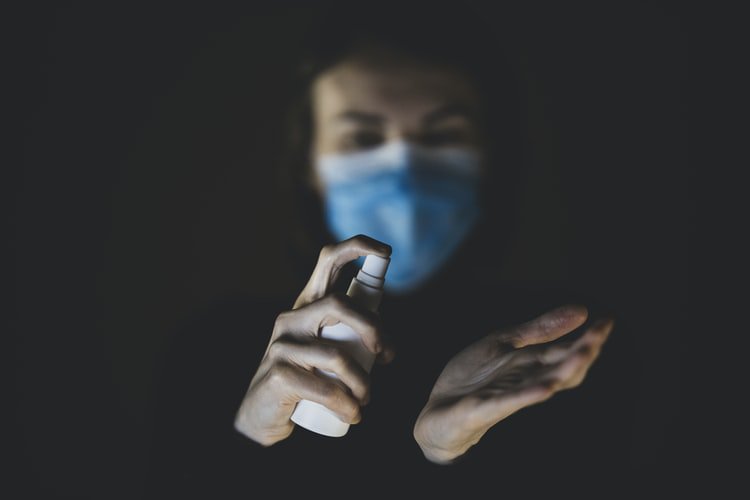
29. Don’t forget to check your own oxygen levels and be aware of even the slightest change in your health because those could be symptoms too, even if you don’t pay heed.
30. Find time for yourself. Even if it’s the time you spend under the shower. That’s your cue to rejuvenate, introspect and really unwind. If you’re feeling overwhelmed, cry it out or talk it out if you can. If you have a therapist, schedule time with them.
31. Get yourself tested. If you test negative during your role as caregiver, be sure to test once again after your loved one has made a recovery. And even then, stay in quarantine for two weeks before you’re absolutely sure that you can meet other near and dear ones again.
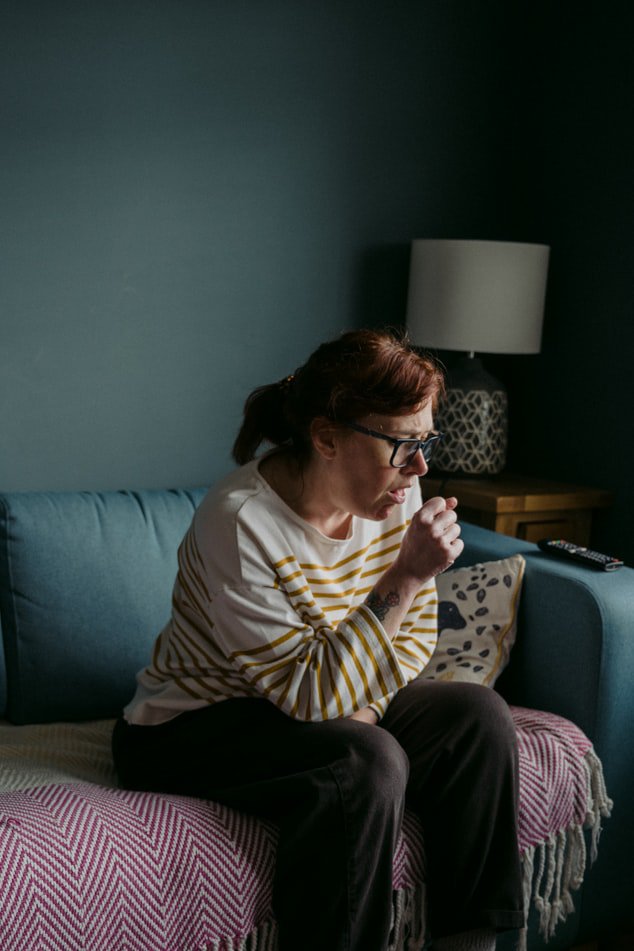
Take confidence in the fact that Covid has a greater recovery rate than it does a mortality rate. The media can be distracting and while it’s the reality of our times, with a little bit of awareness, and precaution, Covid isn’t just treatable, it is beatable. We just need to recognise the symptoms and be proactive instead of waiting to see what happens next.
Prevention will always be better than cure.
While this is a combination of precautions and protocols from CDC and doctors, that I personally have been following, I advise you to look up the CDC guidelines for yourself and if in case you have to take on such a role, don’t just follow these guidelines, but also ask the doctors you’re consulting and any nurses or healthcare workers you may have access to for advise on how to be a caregiver to a loved one at home, as a non-health worker.

















